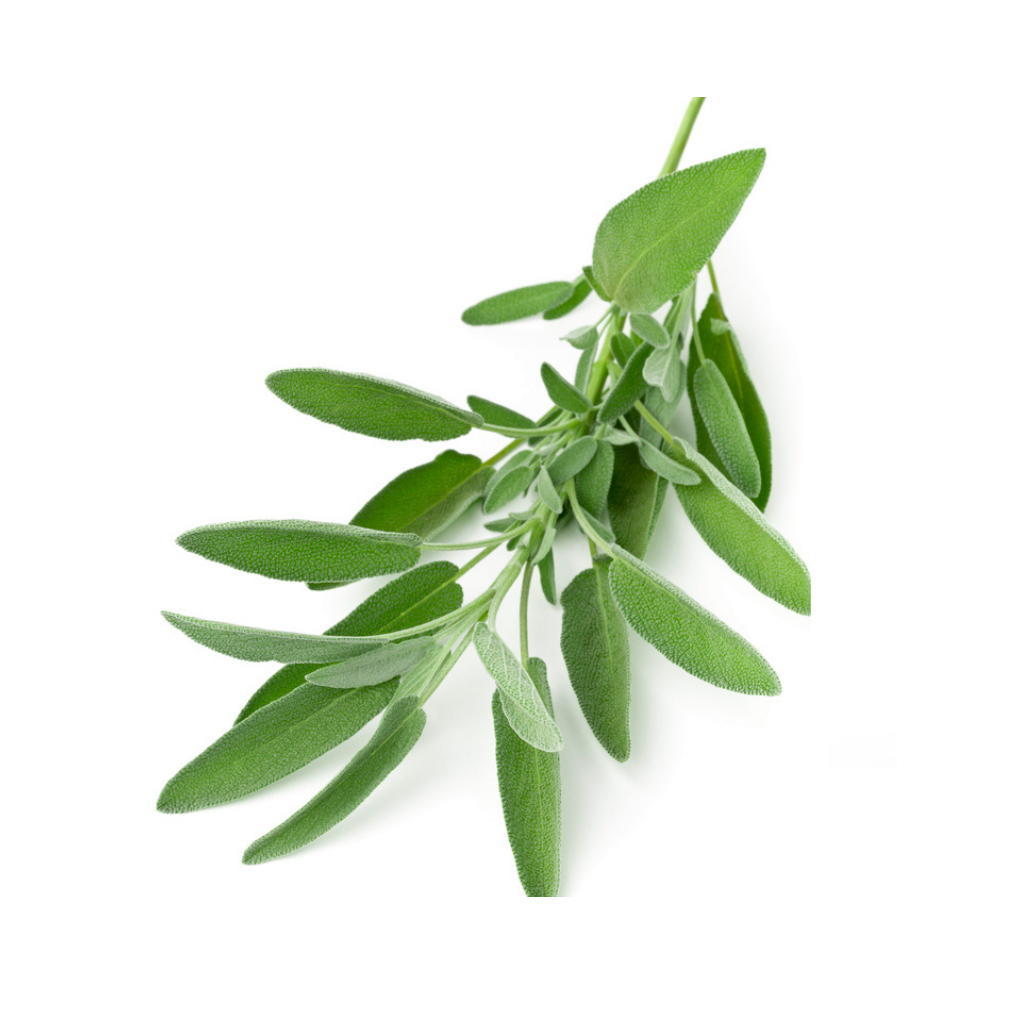KİŞİSEL VERİLERİNİZ İŞLENME AMAÇLARI VE HUKUKİ SEBEPLERİ
Yukarıdaki tablodan da anlaşılacağı üzere Web Sitemiz (i) zorunlu, (ii) performans ve (iii) hedefleme çerezleri toplamaktadır. Bu kapsamda:
Zorunlu Çerezler: Kullanıcı tarafından talep edilen bir bilgi toplumu hizmetinin (log-in olma, form doldurma, gizlilik tercihlerinin hatırlanması vb.) yerine getirilebilmesi amacıyla kullanılmaktadır. Bu çerezler aracılığıyla toplanan kişisel verileriniz, Kanunun 5. maddesinin 2. fıkrasının f bendi “İlgili kişinin temel hak ve özgürlüklerine zarar vermemek kaydıyla, veri sorumlusunun meşru menfaatleri için veri işlenmesinin zorunlu olması” kapsamında işlenmektedir.
Performans Çerezleri: Yukarıdaki tabloda detaylı olarak açıklanan amaçlar ve Web Sitesi’ne giriş yapan kullanıcıların davranışlarını analiz etmek ve istatistiki ölçüm yapmak amacı ile kullanılmaktadır. Bu çerezler aracılığıyla toplanan kişisel verileriniz, Kanun’un 5. maddesinin 1. fıkrası kapsamında açık rıza vermeniz halinde işlenmektedir.
Hedefleme Çerezleri: İnternet ortamında kullanıcıların çevrim içi hareketleri takip edilerek kişisel ilgi alanlarının saptanıp bu ilgi alanlarına yönelik internet ortamında kullanıcılara reklam gösterilmesi amacı ile kullanılmaktadır. Bu çerezler aracılığıyla toplanan kişisel verileriniz, Kanun’un 5. maddesinin 1. fıkrası kapsamında açık rıza vermeniz halinde işlenmektedir.
ÇEREZLER İLE İŞLENEN KİŞİSEL VERİLERİN TOPLANMASI VE AKTARILMASI
Bu metinde belirtilen ve çerezler aracılığı ile işlenen kişisel verileriniz Web Sitemizi ziyaret ettiğiniz sırada elektronik ortamda toplanmaktadır.
Ayrıca kişisel verileriniz, performans veya hedefleme çerezlerine onay vermeniz halinde yurt dışında yerleşik üçüncü taraf Google Analytics tarafından yurt dışındaki sunucularda işlenecektir.
KULLANICI TARAFINDAN ÇEREZ YÖNETİMİ/KONTROLÜ/SİLİNMESİ
Kullanıcılar tarafından kullanılan birçok internet tarayıcısı (Chrome, Firefox, Safari vb.) genellikle çerezler otomatik olarak kabul etmeye ayarlıdır. Web Sitemizi kullanmak için çerezleri kabul etmek zorunda değilsiniz. Tarayıcınızın ayarlarını değiştirerek çerezlere ilişkin tercihlerinizi kişiselleştirme imkânına sahipsiniz. Ancak zorunlu çerezleri kabul etmemeniz halinde web sitemizi kullanımınızı etkileyebileceğini hatırlatmak isteriz. Web Sitemiz Google, Inc. ("Google") tarafından sağlanan bir web analizi hizmeti olan Google Analytics kullanmaktadır. Google Analytics, çerezleri kullanıcıların web sitesini, mobil uygulamayı ve/veya mobil sitesini nasıl kullandıklarını istatistiki bilgiler/raporlar ile analiz etmek amacıyla kullanır. Google Analytics kullanımı hakkında daha fazla bilgi için https://policies.google.com/privacy?hl=tr#infocollect adresli web sitesini ziyaret edebilirsiniz. Google Analytics tarafından yönetilen çerezleri kapatmak için https://tools.google.com/dlpage/gaoptout adresli web sitesini ziyaret edebilirsiniz.
İLGİLİ KİŞİNİN HAKLARI
Kanun’un 11. Maddesi uyarınca ilgili kişilerin hakları aşağıdaki şekildedir:
Herkes, veri sorumlusuna başvurarak kendisiyle ilgili;
- Kişisel veri işlenip işlenmediğini öğrenme,
- Kişisel verileri işlenmişse buna ilişkin bilgi talep etme,
- Kişisel verilerin işlenme amacını ve bunların amacına uygun kullanılıp kullanılmadığını öğrenme,
- Yurt içinde veya yurt dışında kişisel verilerin aktarıldığı üçüncü kişileri bilme,
- Kişisel verilerin eksik veya yanlış işlenmiş olması hâlinde bunların düzeltilmesini isteme,
- Kanun’un 7. maddesinde öngörülen şartlar çerçevesinde kişisel verilerin silinmesini veya yok edilmesini isteme,
- Kanun ve ilgili diğer kanun hükümlerine uygun olarak işlenmiş olmasına rağmen,
işlenmesini gerektiren sebeplerin ortadan kalkması hâlinde kişisel verilerin silinmesini veya yok edilmesini isteme ve bu kapsamda yapılan işlemin kişisel verilerin aktarıldığı üçüncü kişilere bildirilmesini isteme,
- İşlenen verilerin münhasıran otomatik sistemler vasıtasıyla analiz edilmesi suretiyle kişinin kendisi aleyhine bir sonucun ortaya çıkmasına itiraz etme,
- Kişisel verilerin kanuna aykırı olarak işlenmesi sebebiyle zarara uğraması hâlinde zararın giderilmesini talep etme.
VERİ SORUMLUSUNA BAŞVURU
Yukarıda anılan haklarınızı kullanmak için Veri sorumlusu Şirket’e başvuru yapabilirsiniz. Şirket, bu kapsamdaki taleplerinizi, talebin niteliğine göre en kısa sürede ve en geç otuz gün içinde ücretsiz olarak sonuçlandıracaktır. Ancak, işlemin ayrıca bir maliyeti gerektirmesi halinde, Kişisel Verileri Koruma Kurumu tarafından belirlenecek tarifedeki ücret alınabilecektir.
Başvurunuzu, kimliğinizi tevsik edici bilgi ve belgeler ile:
1- Şirket’in ITOB Org. San. Bolg. 10025 Sok. No:1 Tekeli-Menderes, İzmir/Türkiye adresine bizzat gelerek,
2- Web Sitemizde mevcut Başvuru Formu’nda talebinizi açık bir şekilde belirtecek şekilde doldurarak noter kanalı aracılığı ile iadeli taahhütlü posta yoluyla ITOB Org. San. Bolg. 10025 Sok. No:1 Tekeli-Menderes, İzmir/Türkiye adresine göndererek,
3- KEP adresi aracılığı ile ve Başvuru Formumuzu doldurup mailin ekine ekleyerek Şirket’in bionorm@hs03.kep.tr adresine e-posta yoluyla yapabiliriniz.
Tercihlerinizi kaydedebilmemiz için lütfen önce Kesinlikle gerekli çerezleri etkinleştirin!

